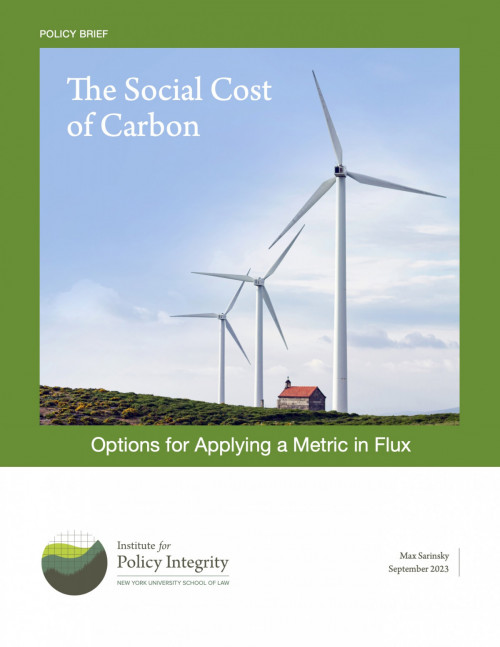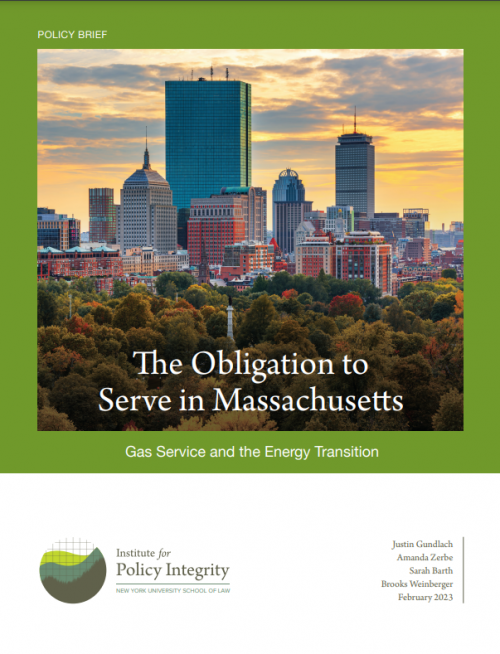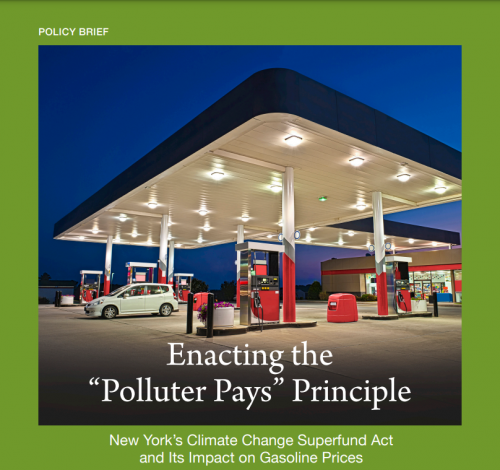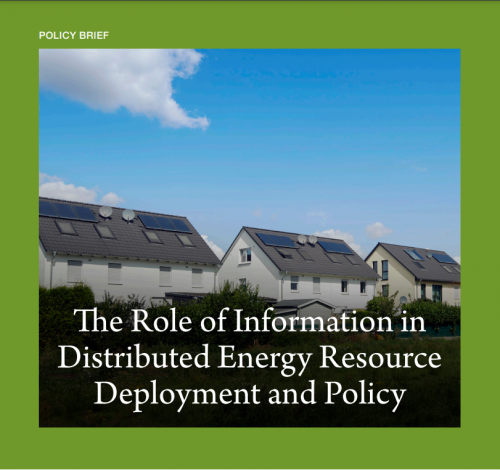-

The Social Cost of Carbon
Options for Applying a Metric in Flux
Many states and other jurisdictions are grappling with how to value greenhouse gas emission reductions and trying to understand the rapidly developing climate economics and science involved in this task. Frequently, state governments and other jurisdictions value greenhouse gas emissions in policymaking using a tool known as the social cost of carbon.
While applying the social cost of carbon is conceptually simple, the appropriate value to place on the metric is in flux. In late 2022, the federal government released new, updated values of the social cost of carbon in draft form which, for now, remain unfinalized. So what estimates of the social cost of carbon should states and other entities use during this transition period? This policy brief explores the available options.
-

The Obligation to Serve in Massachusetts
Gas Service and the Energy Transition
In Massachusetts, achieving the state’s decarbonization target in a cost-effective manner will likely require the refusal of new gas service in addition to the termination of existing gas service in certain buildings and its replacement with electric service. The scope of utilities’ legal obligation to serve their customers will be central to those efforts. This brief analyzes the contours of this obligation by examining the relevant Massachusetts statutes, regulations, Public Utility Commission decisions, and case law.
-

Best Practices for Energy Substitution Analysis
In recent years, numerous federal agencies have made a controversial claim: that projects locking in fossil fuels over the long term will decrease aggregate greenhouse gas emissions, or that their effects on total emissions will be limited. In many of those cases, however, agencies have reached this counter-intuitive conclusion using a flawed consideration of energy substitution. This report identifies some of the recurring problems with agency analysis of energy substitution and offers best practices to apply moving forward.
-

Enacting the “Polluter Pays” Principle
New York’s Climate Change Superfund Act and Its Impact on Gasoline Prices
This policy brief analyzes how New York State’s recently proposed Climate Change Superfund Act is most likely to affect consumer gasoline prices. The Act would require payments from fossil-fuel companies based on their historical contributions to current greenhouse gas levels in the atmosphere. The payments would be used to build green infrastructure to help the state adapt to climate change. The brief finds that the Act would likely have a negligible impact on current and near-term oil prices, while potentially lowering future energy prices in New York, including for transportation.
-

The Role of Information in Distributed Energy Resource Deployment and Policy
While appropriate compensation for DERs has received considerable attention in DER policy discussions, one important dimension has received less attention: informational gaps and asymmetries. In particular, key information about distribution networks, energy consumption, and marginal emission rates is often either entirely lacking or readily available only to some parties. Such information disparities can impede effective policymaking. To overcome the inefficiencies information asymmetry creates, regulators must carefully tailor disclosure mandates and incentives for utilities, as these actors often have little incentive to go beyond the letter of the law in data disclosure.
Viewing all publications in Policy Briefs
